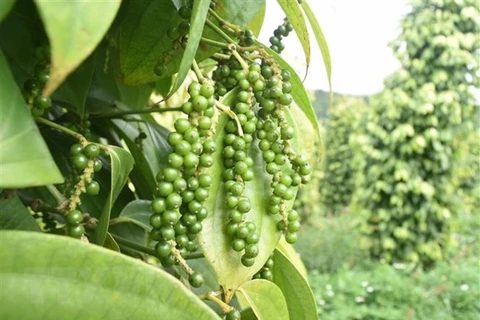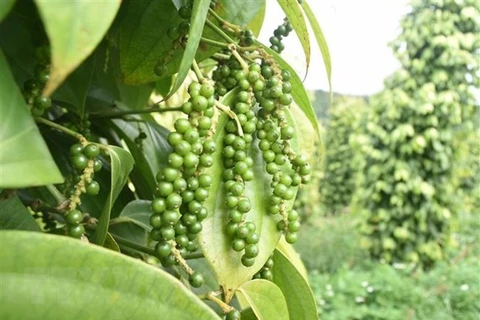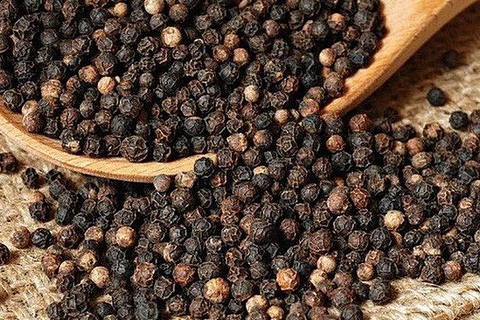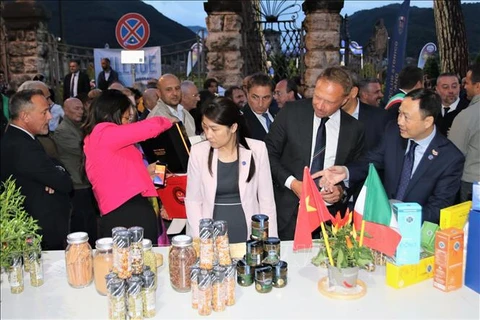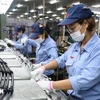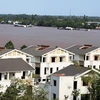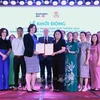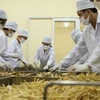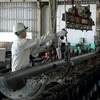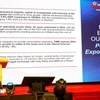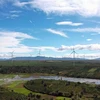The event was co-hosted by the Sustainable Trade Initiative (IDH), the European Union (EU) Delegation to Vietnam, the Ministry of Agriculture and Rural Development’s Plant Protection Department and the Vietnam Pepper Association.
In her opening statement, Director of the IDH Vietnam Programme Phan Thi Van said the Central Highlands accounts for around 60% of the country's pepper cultivation area with over 70,000 ha. In recent years, the Vietnamese pepper industry has struggled with global competitiveness in terms of quality and prices, impacting the livelihoods of local pepper farmers. It is attributable to the improper use of agricultural chemicals, unsustainable farming practices, and a lack of updates on trends and new market requirements.
Funded by the EU and the IDH, the project is carried out from 2021-2023 in the provinces of Dak Lak, Dak Nong and Gia Lai in order to help Vietnam reap the benefits of bilateral trade commitments and boost the export of quality products and services to the EU.
Through the project, nearly 8,000 farmers have improved their knowledge and green agricultural practices over an area of 8,500ha. Over the course of three years, the project has achieved several outcomes, such as a 60% increase in the volume of pepper seeds adhering to the residue requirements of the premium market; 50% of pesticide dealers committing to comply with pesticide management regulations; a 98% reduction in the use of banned pesticides, among others.
From November 19-20, representatives from the EU Delegation to Vietnam, the IDH and other partners visited the project area in Cu M'Gar district and a pepper processing plant in Dak Lak./.


